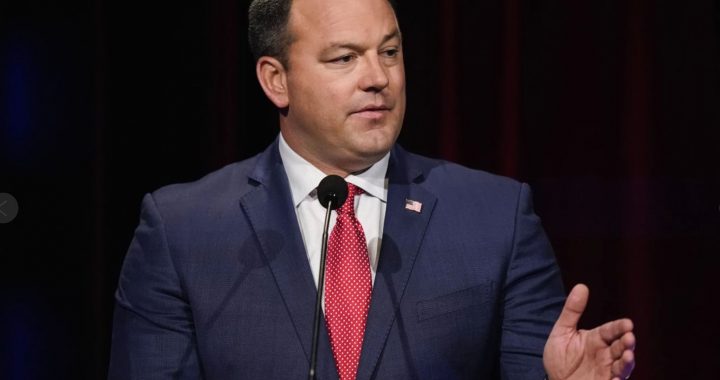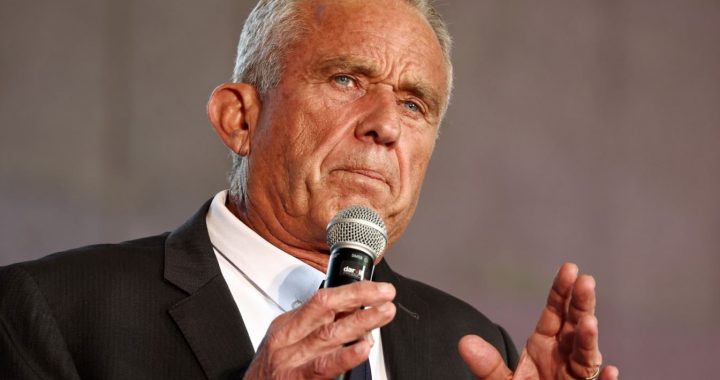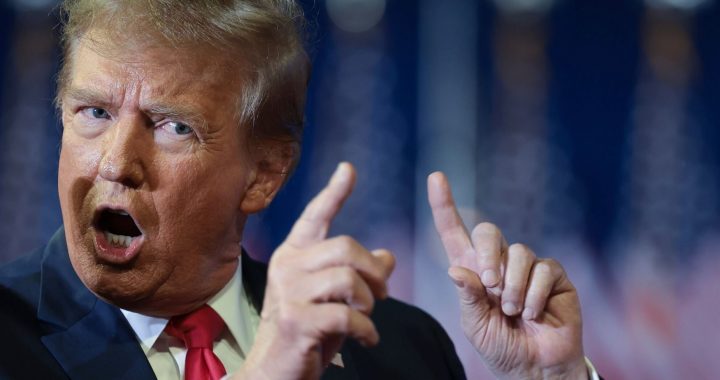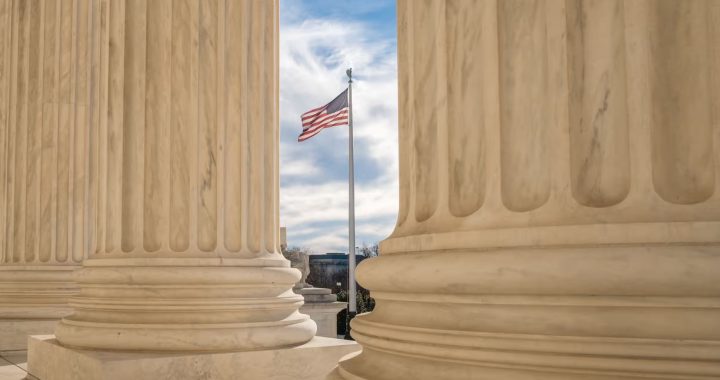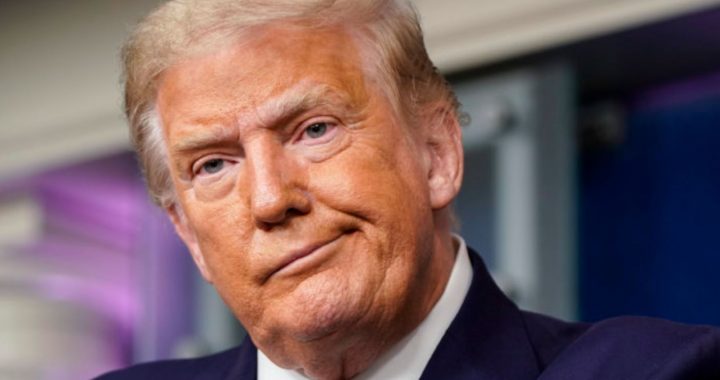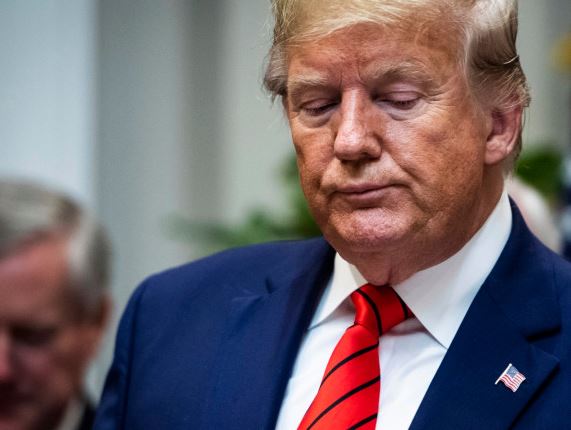
There Are Plenty Of Anti-Trump Republicans — You Just Have To Know Where To Look
Americans opposed to President Trump are constantly asking some version of this question: “Why won’t Republicans break with Trump?”
The personalities on Fox News are largely standing with the president amid the controversy over the Trump administration pushing Ukrainian officials to investigate the business dealings of Joe Biden’s son. So are Republicans in Congress. Vice President Mike Pence and others inside the Trump administration are also defending the president’s actions involving Ukraine (a shift from when one-time Trump advisers like Dan Coats would sometimes signal disagreement with the president’s stances).
But looking at Trump’s standing only among people currently inside of powerful Republican-controlled spaces — the party itself, Fox News, the White House, etc. — presents an incomplete picture and understates opposition to Trump among Republican politicians and activists. Almost by definition, that opposition can’t happen within the obvious GOP spaces — the president and his acolytes have accumulated enough power that it’s increasingly hard to be both be anti-Trump and a Republican in good standing at a major conservative institution.

So Rep. Justin Amash of Michigan left the GOP and became an independent. Former Rep. Mark Sanford of South Carolina lost in a primary last year to an opponent endorsed by Trump after speaking out against the president. And just last Friday, Fox News anchor and occasional Trump critic Sheppard Smith resigned,1 as did Homeland Security Secretary Kevin McAleenan, who had occasionally clashed with the president.
Indeed, widen your lens and you can find all kinds of anti-Trump sentiment in conservative and right-leaning circles. This anti-Trump bloc, in addition to Republicans still supporting the president, might have lots of sway as impeachment unfolds — if they can reach GOP voters.
The media
You could create your very own conservative, anti-Trump TV network if you hired all the Trump-skeptical Republicans who regularly appear as talking heads on CNN and MSNBC. CNN, for example, has Amanda Carpenter, Charlie Dent, John Kasich, and Mia Love. MSNBC boasts Carlos Curbelo, Susan Del Percio, Elise Jordan, Mike Murphy, Jennifer Rubin, Joe Scarborough, Michael Steele, Charlie Sykes, Nicole Wallace, George Will and Rick Tyler.2
Yes, most conservative pundits on Fox News are heartily pro-Trump, but not all conservative pundits are on Fox News.
Elected officials
There were 241 Republicans in the U.S. House in early 2017, at the start of Trump’s tenure. Since then, more than a quarter have either been defeated at the ballot box, in last November’s elections (29), or retired (36).3 Some of them, such as former Rep. Mia Love of Utah, blame Trump’s unpopularity for their defeats. Others, such as Rep. Will Hurd of Texas, hint that they are leaving Congress in part because they are uncomfortable with the direction Trump is taking the GOP, as the Washington Post recently reported in a story detailing the exodus of House Republicans.

There is also a group of Trump-skeptical governors and senators — most notably former Sen. Jeff Flake of Arizona and former Gov. John Kasich of Ohio — who left their posts after 2018. And then you have figures like former Rep. Joe Walsh of Illinois , ex-Gov. William Weld of Massachusetts and Sanford, all of whom are running long-shot primary challenges to Trump. Former Rep. Bob Inglis of South Carolina, who has publicly come out against Trump, is suing his state’s Republican Party in an effort to overturn its decision to cancel next year’s Republican primary, a move designed in part to boost the president.
So, in addition to that conservative, anti-Trump cable channel, you could also piece together a Senate majority (51 people) from Republicans who have previously served in either the House or the Senate but who have been publicly wary of Trump.
Senior Republican staffers
OK, if you’re going to have a shadow, anti-Trump GOP Senate, you need some experienced Republican operatives to staff it. You won’t have to look too hard.
In a clear and public rebuke to Trump, chiefs of staff for Republican presidents Ronald Reagan, George H.W. Bush and George W. Bush recently told the New York Times that the presidents they served would never have asked for help winning an election from a foreign government. A group of conservative lawyers, many of whom served in top positions in the Department of Justice under Reagan or one of the Bushes, are supporting the impeachment inquiry.
Moreover, plenty of people who served in senior roles in the Trump administration itself, including H.R. McMaster (national security adviser), Anthony Scaramucci (communications director) and Rex Tillerson (secretary of state) have distanced themselves from the president.
Again, the Republican staffers currently in the White House are defending the president, but that might mask some broader disagreement among senior-level Republican staffers.
Conservative institutions
Many organizations on the right, such as the Heritage Foundation, are in lockstep with the president. But others — the Cato Institute, the Niskanen Center — are fairly critical of him
Or, take the white evangelical conservative movement as a whole. It is often portrayed as totally behind the president, and news stories often cite people like Jerry Falwell Jr. who are closely allied with the president to show that. But white evangelicals aren’t completely aligned with Trump — a generational gap has begun to open up. And really, people like Falwell, who runs a Christian college (Liberty University), are more accurately described as evangelical leaders who support Trump, rather than evangelical leaders. overall. J.D. Greear, head of the Southern Baptist Convention, is more clearly a “leader” of America’s evangelicals — and he is kind of lukewarm about Trump.
So it’s important to understand that many conservative organizations and power centers on the right are strongly behind Trump, but also that increasingly “conservative” has come to mean “pro-Trump,” a narrative that writes out of the story organizations and people who had what were considered fairly rightly-leaning views pre-Trump.
OK, I admit this is an imprecise exercise. What overall percentage of elite Republicans — conservative media figures, current and former members of Congress, current and former administration officials, etc. — oppose Trump? That’s basically impossible to quantify.
But I think it’s higher than often portrayed — because some opposition lives in non-GOP spaces where people aren’t looking, and because much of it is also hidden from view, as elected Republicans face strong incentives to stand by Trump publicly.
All of this helps explain why Republican voters are among the most loyal-to-Trump constituencies in the Republican Party. Surveys have long suggested that between 85 and 90 percent of Republican voters approve of the president. Only about 13 percent of people who voted for Mitt Romney in 2012 said that they disapproved of Trump in a poll conducted in late 2018 and early 2019 by the Democracy Fund Voter Study Group. According to FiveThirtyEight’s average of impeachment polls, about 14 percent of Republicans support impeachment.

I wrote recently about how rank-and-file voters often follow cues from elites, noting that impeachment support increased among Democrats after the party unified around the idea. So maybe if we had full data on the views of all Republican elites, we’d find that about 10 to 15 percent oppose Trump, perfectly in line with voters.
But I think that the safer assumption is this: Trump has in many ways successfully purged his critics from the power centers of the GOP. So a potential resistance to him among Republican elites doesn’t just face the obvious challenge that he’s the president and popular among GOP voters. Republican elites who are wary of Trump are also not well situated to make their case to rank-and-file Republican voters. They are working in lobbying shops or boardrooms instead of on Capitol Hill, speaking to audiences on CNN and MSNBC instead of Fox News, and outside of the administration instead of inside it.
The facts of the Ukraine case, or its politics, could open more doors for those anti-Trump voices in those pro-Trump spaces. That would likely have profound effects on the views of GOP voters.
For now, though, the Trump-skeptical bloc in Congress remains a small part of the overall Trump-skeptical conservative coalition.

